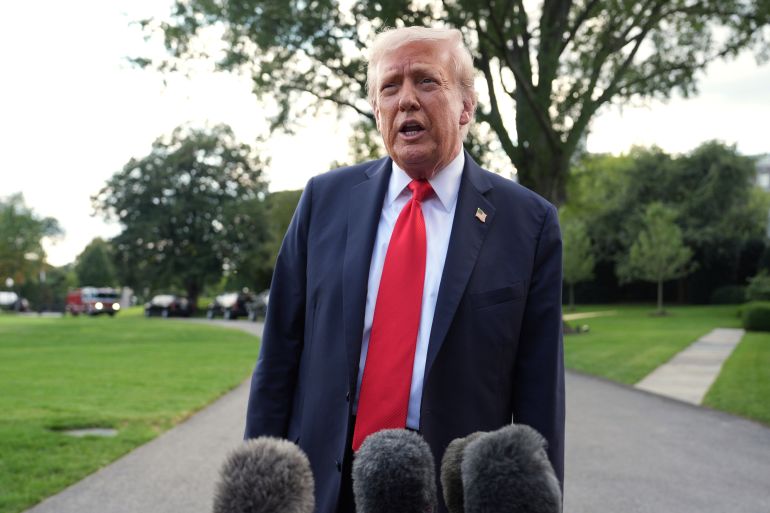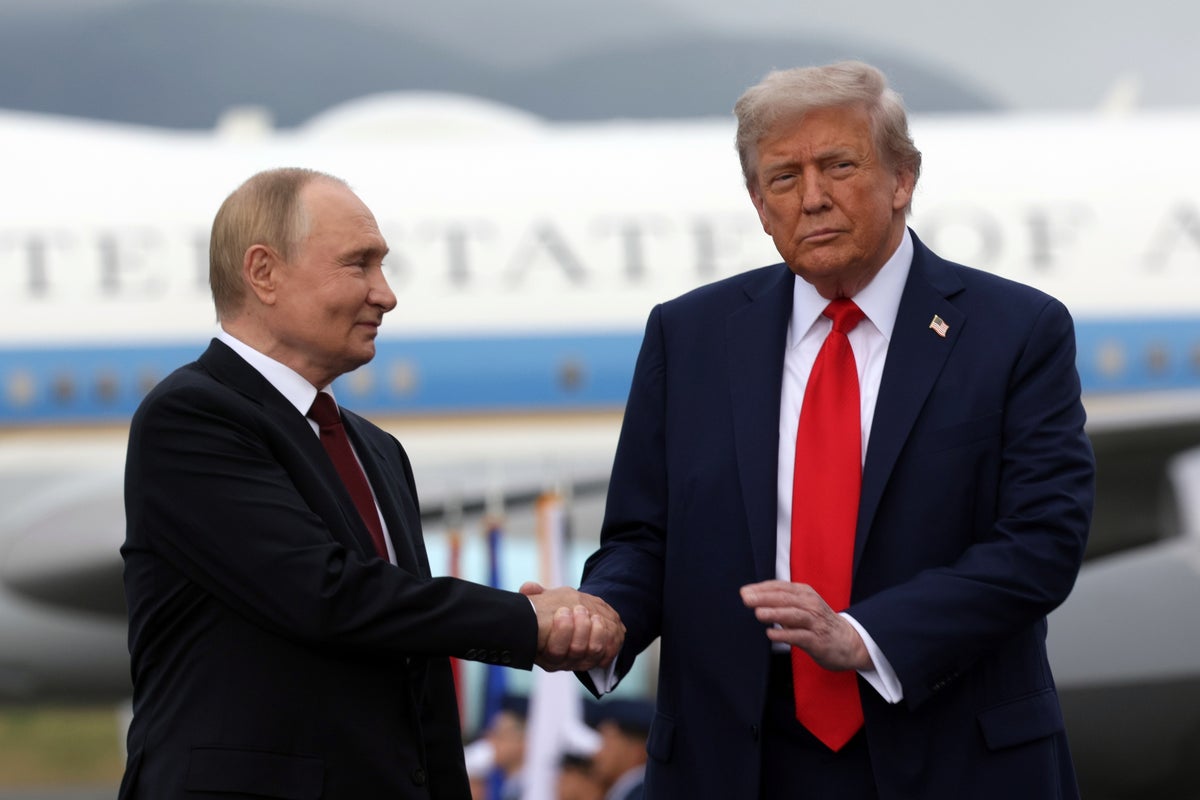# Trump’s NATO Oil Sanctions Proposal: A Response to Russia-Poland Airspace Violation?
The recent alleged incursion of multiple Russian drones into Polish airspace has ignited a firestorm of debate, with former President Donald Trump offering a controversial solution: a NATO-wide ban on Russian oil coupled with significant tariffs on China for its continued purchases of Russian petroleum. This bold proposal raises critical questions about the ongoing war in Ukraine, the unity of NATO, and the potential effectiveness of such economic sanctions. Let’s delve into the details.
## NATO’s Response to the Poland Airspace Incident: An Investigation Needed?
The alleged violation of Polish airspace by Russian drones marks a significant escalation in the ongoing conflict in Ukraine. Poland, a NATO member, swiftly responded by shooting down several of the drones. However, the exact circumstances surrounding the incident remain under investigation. Did Russia deliberately target Polish airspace, or was it an accidental incursion? The answers to these questions are crucial in determining the appropriate response from NATO.
The incident immediately prompted intense scrutiny and speculation. Was this a calculated provocation by Russia designed to test NATO’s resolve? Or was it a miscalculation, a mistake with potentially grave consequences? The ambiguity surrounding the event only fueled already existing tensions within the alliance. A thorough and transparent investigation by NATO is paramount to ascertain the facts and inform subsequent actions.
### Trump’s Proposed Solution: A Radical Approach?
Amidst the ongoing tension, former President Trump issued a statement proposing a radical solution to pressure Russia to de-escalate: a complete ban on Russian oil imports by all NATO member states, along with substantial tariffs (50-100%) imposed on China for its continued purchase of Russian oil.
Trump’s argument rests on the premise that some NATO members continue purchasing Russian oil, thus undermining the alliance’s ability to exert significant economic pressure on Russia. He believes that such economic reliance on Russian oil significantly weakens NATO’s negotiating power and ability to bring an end to the war in Ukraine. He explicitly stated that this collective action, a complete cessation of oil purchases from Russia, would be critical in bringing about a rapid resolution to the conflict.

This assertion is certainly provocative and invites immediate counter-arguments. While a complete ban on Russian oil would undoubtedly cripple Russia’s economy, such a drastic step would also have profound economic implications for NATO member states heavily reliant on Russian energy resources. The economic and political fallout of such a swift and sweeping measure demands careful consideration. Is the potential benefit of crippling the Russian economy worth the potential economic harm to NATO itself?
## The Economic Realities and Political Implications of Trump’s Plan
The viability of Trump’s plan hinges on several key factors. First, it necessitates complete cooperation from all 32 NATO member states, a feat that could prove exceptionally difficult to achieve given the diverse economic interests and political landscapes within the alliance. Turkey, for instance, has been a significant purchaser of Russian oil, making it a crucial player in the success or failure of this proposal. The political will to implement such radical changes would be a momentous challenge, and failure could further fracture already existing tensions.
Furthermore, the plan relies on China’s vulnerability to sanctions. The efficacy of tariffs on China purchasing Russian oil is a contentious point. While it would undoubtedly create economic pressure on China, the extent of its effectiveness in impacting Russia’s behavior is debatable. China’s economic clout and its complex relationship with Russia suggest that the tariffs may not deliver the desired results. The economic interdependence between Russia and China presents a significant obstacle to the success of any unilateral sanction strategy.
Trump’s proposal is not without precedent. The US has already implemented additional tariffs on countries deemed to be supporting Russia through energy purchases. This precedence underscores Trump’s consistent stance on leveraging economic sanctions to influence global events. This raises further questions. Are such aggressive economic sanctions a sustainable long-term strategy? What are the unintended consequences? And could a more nuanced, multilateral approach achieve better results?
The potential repercussions of implementing Trump’s proposed sanctions extend far beyond the immediate economic impact. The geopolitical consequences could be significant, potentially leading to further destabilization in the region and exacerbating existing global tensions. This complex interplay of economic, political, and military factors underlines the need for a thorough cost-benefit analysis before undertaking such dramatic action.
In conclusion, Trump’s proposal, while bold and seemingly straightforward, presents a complex web of economic and political realities that demand careful consideration. While aiming to curb Russia’s aggression through economic pressure, its success hinges upon complete NATO cooperation and the potential for unintended consequences. The questions surrounding the incident in Poland, the feasibility of such a plan, and the long-term implications remain at the forefront of international discourse.

